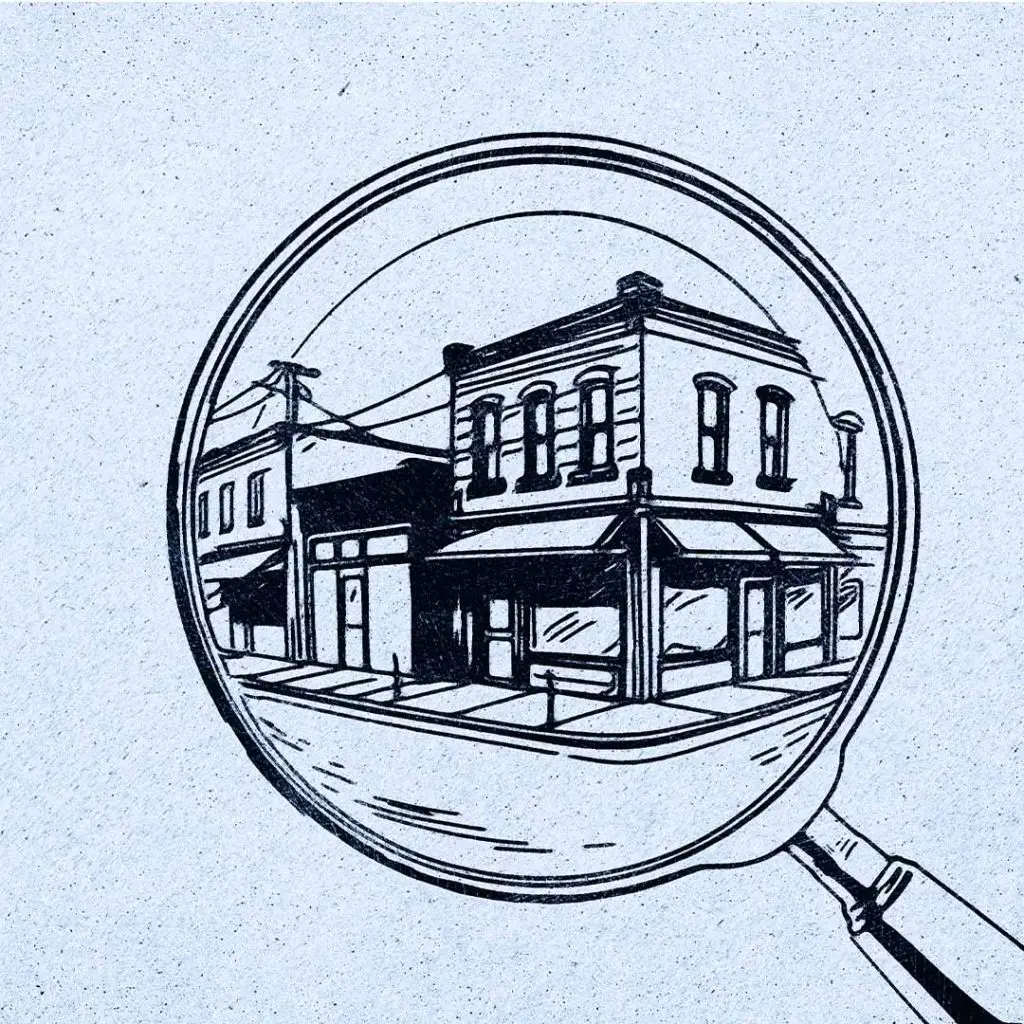Embarking on the Digital Marketing Expedition
Navigating the online world isn’t just about luck. You need a solid plan, and that’s where SEO comes in.
So, what exactly is SEO? This field guide explains how it boosts your site’s search ranking.
What is SEO?

SEO, or Search Engine Optimization, is your ticket to the spotlight. It boosts your site’s visibility on giants like Google and Bing.
SEO boosts your rankings by improving your content, structure, and authority.
This all adds up to more organic traffic and deeper bonds with your audience.
Unlike paid ads, SEO captures hearts with compelling content.
How is SEO Different from SEM and PPC?
SEO vs. SEM
SEO focuses on organic search results. SEM, or Search Engine Marketing, combines SEO with paid search. It includes strategies like pay-per-click (PPC) ads.
For instance, a local bakery. With SEO, their site ranks for “fresh croissants near me.” With SEM, they add a paid Google ad. Now, they show up at the top of both the organic results and the ad space.
SEO vs. PPC
PPC is all about paying for visibility. You pay for clicks and conversions. SEO, on the other hand, earns these through quality content, backlinks, and optimization.
Think of an online bookstore. They run a PPC ad for “best fantasy novels.” They pay each time someone clicks. With SEO, they’d optimize blog content for that keyword. Over time, this drives unpaid, organic traffic.
Why is SEO Important?

SEO is vital. Organic search drives 53% of global web traffic.
Small businesses often get a big traffic boost by optimizing their sites. This leads to higher sales and customer engagement. SEO is cost-effective and sustainable.
It builds trust with your audience. Unlike paid ads, the benefits of SEO don’t disappear when you stop investing.
Types of SEO and specializations
Technical Optimization (Technical SEO)
This involves backend work. Think of improving loading speeds, ensuring mobile friendliness, and using structured data.
Content Optimization (On-Page SEO)
Here, the focus is on high-quality, relevant content. It’s about optimizing meta tags, headers, and keyword placement.
Brand and Authority Building (Off-Site Optimization)
This includes link building, social media engagement, and public relations.
SEO Specialties
Ecommerce SEO:
Elevate your product pages to fly high in search rankings.
Local SEO:
Shine a spotlight on your business in local search results.
Enterprise SEO:
Create huge strategies to easily conquer large websites.
International SEO:
Adapt for different languages and local nuances.
News SEO:
A race against time. Ensure your news content is accurate.
How does SEO work?

Think of SEO as a team of small, tireless robots.
They explore every inch of your business and gather knowledge.
Then, they guide lost customers through the vast digital wilderness to your door.
First, search engines like Google and Bing crawl your site, much like scouts mapping out terrain.
Next, they analyze and categorize the information they find during indexing.
Finally, they assess your site’s value based on content quality, keywords, and backlinks. This assessment determines your position in search results.
Understanding How Search Engines Work
Search engines crawl, render, and index your site’s content. Algorithms rank it based on quality and relevance.
For traditional search engines like Google, there are four stages:
Crawling:
Search engines use crawlers to find web pages. They do this by following links and using sitemaps.
Rendering:
Search engines use HTML, JavaScript, and CSS to create how a page looks.
Indexing:
They examine content and metadata, adding pages to a database. Not every page is indexed.
Ranking:
Algorithms decide if a page is relevant and high-quality enough to appear in search results.
Researching
Find out what your audience searches for using keyword research tools.
Key research forms to boost SEO:
Know your audience:
Dig into their demographics like a detective. Uncover their pain points and identify their key questions. What can you clarify to help them find answers?
Keyword research:
Discover and weave in those golden search terms. Understand their demand and competitive landscape.
Competitor research:
Keep a close eye on the competition. Pinpoint their strengths, weaknesses, and content strategies.
Brand/business/client research: Explore their ambitions. Uncover how SEO can propel them forward.
Website research:
Do SEO audits to find upsides and downsides. Don’t ignore technical SEO, content, link profile, and E-E-A-T.
SERP analysis:
Dive into search intent behind queries. Craft content that shines and attracts visibility.
Planning
Create a content strategy that aligns with your business goals and audience.
Your SEO plan may include:
- Setting goals (e.g., OKRs, SMART).
- Setting timelines/milestones.
- Defining KPIs and metrics.
- Deciding on project creation and implementation.
- Coordinating with stakeholders.
- Choosing tools/technology.
- Hiring and training a team.
- Setting a budget.
- Measuring and reporting results.
- Documenting strategy and processes.
Creating and implementing
Create top-notch content. Optimize it for search engines. Ensure that technical performance is up to standard.
Guiding new content:
Direct your team on what to create.
Upgrade current pages:
Refresh content, add internal links, and use keywords. Find other ways to optimize.
Removing poor content:
Get rid of content that doesn’t rank or attract traffic.
Monitoring and Maintaining
Update your site at regular intervals and fix issues such as broken links or outdated content.
Analyzing, assessing, and reporting on performance
Use tools like Google Analytics to measure traffic and conversions.
SEO: A Journey, Not a Destination
SEO is not a one-off endeavor. Regular updates, new content, and smart tweaks will keep your site in the spotlight.
SEO as a Service: Your Partner in Progress

SEO services are your roadmap to success. They use custom strategies.
At EV Agency, expert guidance is just a conversation away. They manage it all—from technical tweaks to crafting captivating content.
SEO optimizes your site to rank higher in search results by improving technical, content, and off-page elements.
It’s a cost-effective way to improve visibility and grow your business.
Yes, SEO drives traffic, builds trust, and provides long-term benefits.
Focus on keyword optimization, quality content, and backlinks, and maintain consistent updates.
Technical, On-Page, Off-Page, and specialized SEO like Local or Ecommerce.
Yes, it’s a foundational component.
To increase visibility, drive traffic, and build trust with search engines and users.
Keep Growing • More Dispatches from Basecamp
Discover how Canadian SMBs can harness SEO to boost visibility, engage local audiences, and drive growth. Learn the fundamentals of SEO, its history, essential tools, and strategies to conquer the Canadian digital landscape.
Learn what digital marketing is in simple words. Discover how it connects businesses to online audiences through SEO, social media, and email.
Discover how a web design agency can boost your SEO success through optimized site speed, mobile-first design, UX, and strategic video integration. Partner with experts to maximize your online visibility.
Discover EV Agency’s digital marketing services tailored to elevate your brand. From SEO and content creation to video marketing, we offer customized strategies to drive growth.
EV Agency is your trusted digital marketing outfitter. From content creation to advanced ad targeting, we provide the tools and expertise to help your small business thrive. With EV Agency by your side, your brand’s campfire will burn brightly in the social media wilderness.






